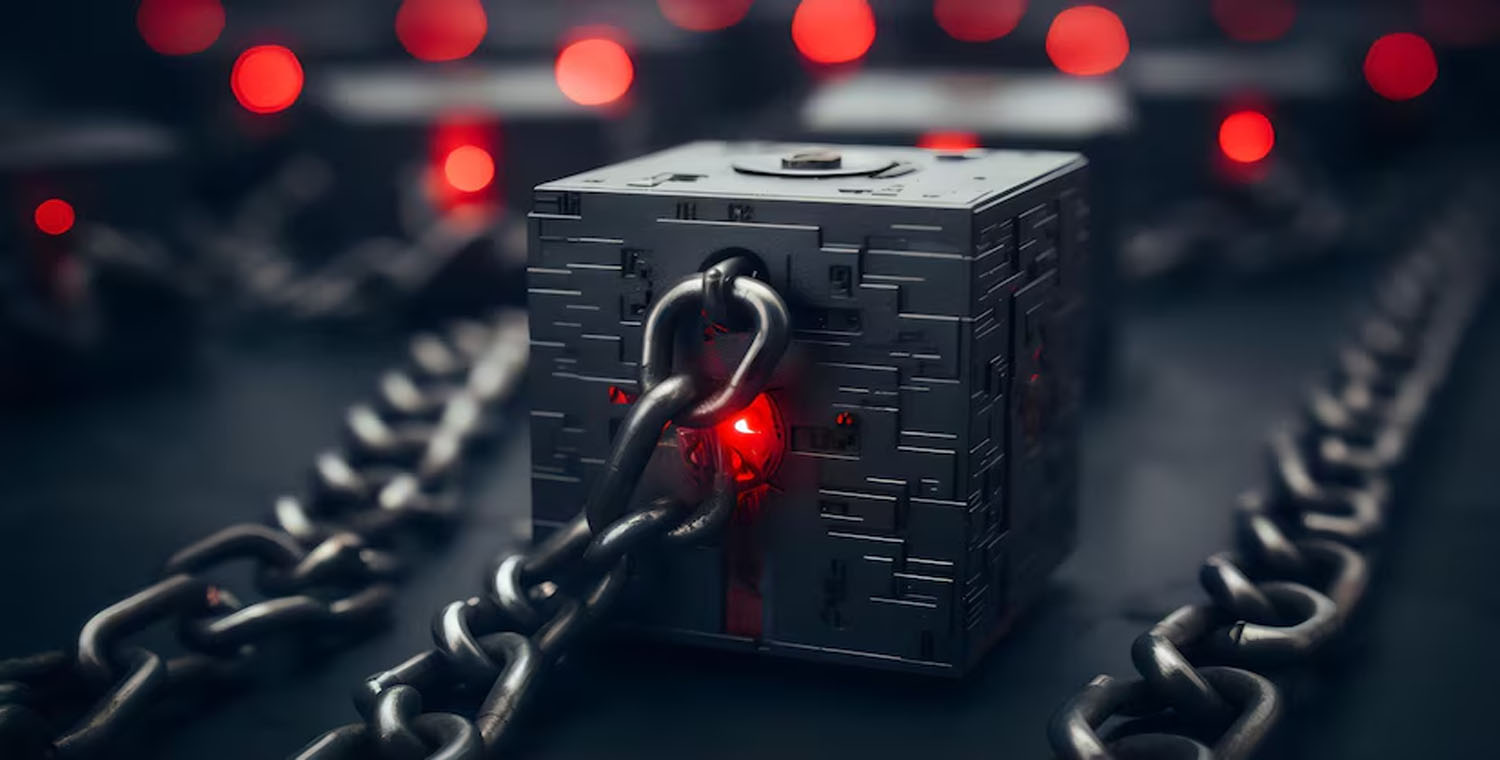In the modern digital landscape, unique identifiers play a crucial role in various systems and technologies. One such identifier, 2087193280, serves multiple purposes across different contexts. This article will delve into the significance of this number, exploring its applications, potential implications, and broader relevance in our increasingly interconnected world.
What is 2087193280?

At first glance, 2087193280 appears to be a simple numeric string. However, depending on the context, it can represent different things. For example, in technology, it might denote an IP address, a numerical ID in a database, or even a unique identifier for a specific transaction. Understanding the context in which 2087193280 is used is essential for grasping its significance.
Technical Context
In the realm of technology, numeric identifiers are vital for tracking and managing data. For instance, in databases, unique identifiers like 2087193280 can be used to reference specific records, ensuring that each entry is distinct. This prevents data duplication and facilitates easier retrieval and manipulation of information.
In networking, numbers such as 2087193280 can represent IP addresses in certain configurations. IP addresses are fundamental to internet connectivity, allowing devices to communicate with each other across networks. A deeper exploration of 2087193280 as an IP address reveals how it fits into the broader structure of network communication.
Mathematical Perspective
From a mathematical standpoint, 2087193280 is an interesting number. It is an integer, and like any number, it can be analyzed in various ways, such as its prime factorization, divisibility, and more. Exploring the mathematical properties of 2087193280 can provide insight into its nature and relevance.
For instance, understanding whether 2087193280 is divisible by common factors can help in various computations, making it useful in mathematical applications ranging from algorithm development to data analysis.
Applications of 2087193280
The applications of 2087193280 are diverse and can be categorized into several key areas:
1. Data Management
In data management systems, unique identifiers like 2087193280 are essential for indexing and referencing records. This is especially important in large databases where maintaining the integrity and accessibility of data is crucial. Using a unique identifier helps prevent errors and ensures that each record can be easily retrieved.
2. E-commerce
In the e-commerce sector, unique identifiers are often assigned to products, transactions, and customers. If 2087193280 were to be used in this context, it could represent a specific transaction ID or product code. This facilitates tracking orders, managing inventory, and analyzing sales data effectively.
3. Telecommunications
Telecommunications companies often utilize unique identifiers for customer accounts and service requests. The number 2087193280 could hypothetically represent a customer service ticket, enabling support staff to quickly access customer information and resolve issues efficiently.
4. Cybersecurity
In the field of cybersecurity, unique identifiers are critical for monitoring and managing user activity. If 2087193280 were linked to a user account, it would allow security teams to track behavior, detect anomalies, and respond to potential threats promptly.
The Broader Implications of Unique Identifiers
Understanding the significance of unique identifiers like 2087193280 also opens the door to broader discussions about data privacy, security, and ethical considerations in technology. As we increasingly rely on numeric identifiers for various applications, it is vital to consider the implications of this reliance.
Data Privacy Concerns
As more systems depend on unique identifiers, the potential for data breaches and misuse of information grows. For instance, if 2087193280 is tied to personal data, unauthorized access could lead to privacy violations. Organizations must implement robust security measures to safeguard sensitive information and ensure compliance with data protection regulations.
Ethical Considerations
The use of unique identifiers raises ethical questions as well. For example, how should organizations handle data associated with identifiers like 2087193280 once it is no longer needed? Should there be a standard practice for de-identifying or deleting data? Addressing these questions is crucial to maintaining public trust in technology and data management practices.
The Future of Unique Identifiers
Looking ahead, the role of unique identifiers will only grow in importance. As we continue to advance technologically, the need for efficient data management and tracking systems will become even more pronounced. This will likely lead to innovations in how we assign and manage unique identifiers.
Blockchain and Unique Identifiers
One promising area for the future is the use of blockchain technology. Blockchain offers a decentralized way to manage unique identifiers, enhancing security and transparency. If 2087193280 were utilized in a blockchain system, it could represent a transaction or asset, providing a verifiable and tamper-proof record of its existence and history.
Conclusion
In conclusion, the number 2087193280, while seemingly simple, carries significant implications across various domains. From its role as a unique identifier in data management to its potential applications in e-commerce and telecommunications, understanding its significance is crucial in our interconnected world. Moreover, as we navigate the challenges of data privacy and ethical considerations, recognizing the broader impact of unique identifiers will be essential for shaping a responsible digital future.





